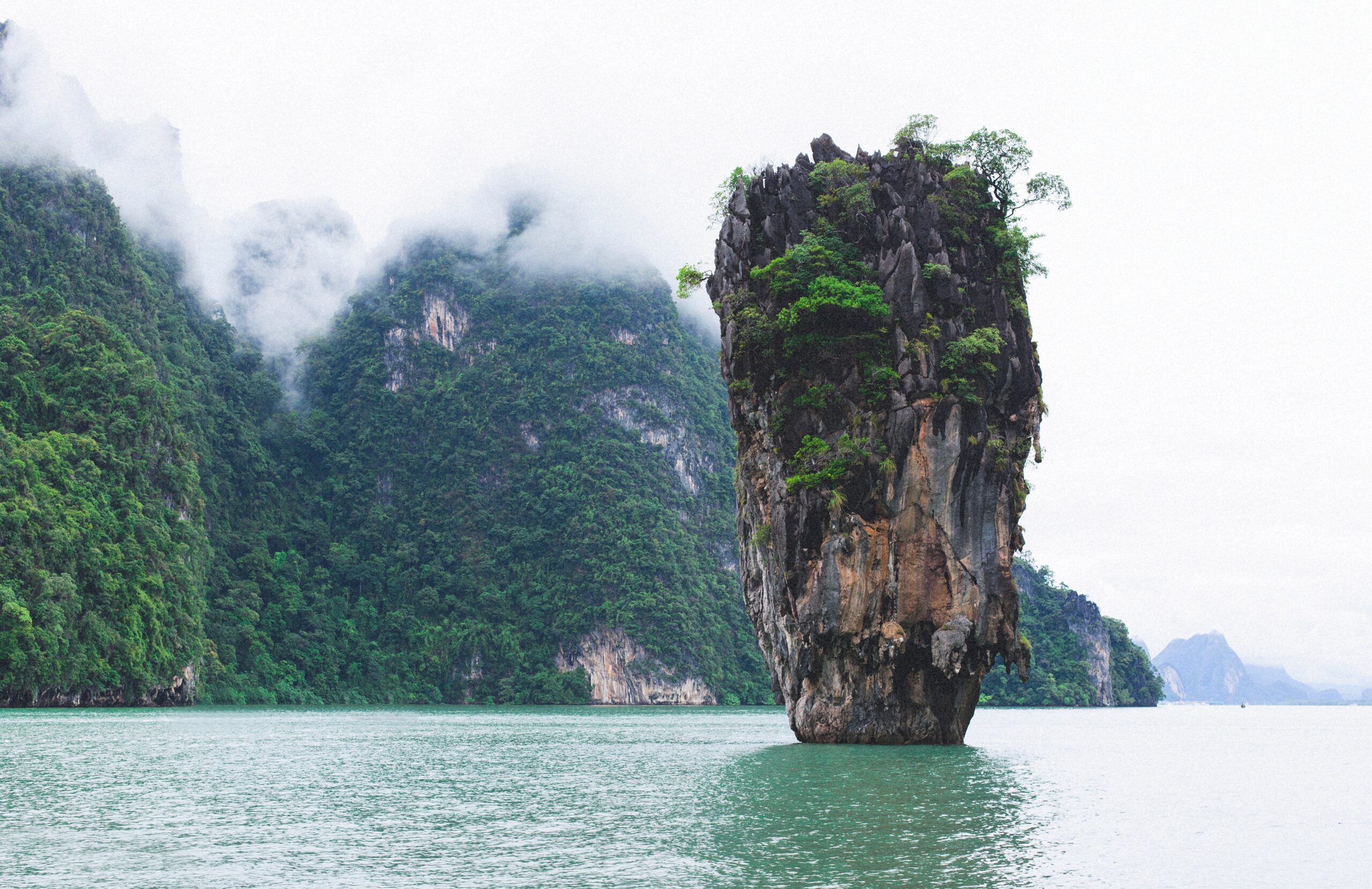Thailand National Ecosystem Assessment
Embracing the Trialogue Techniques to Bridge Diverse Sectors and Knowledge Systems
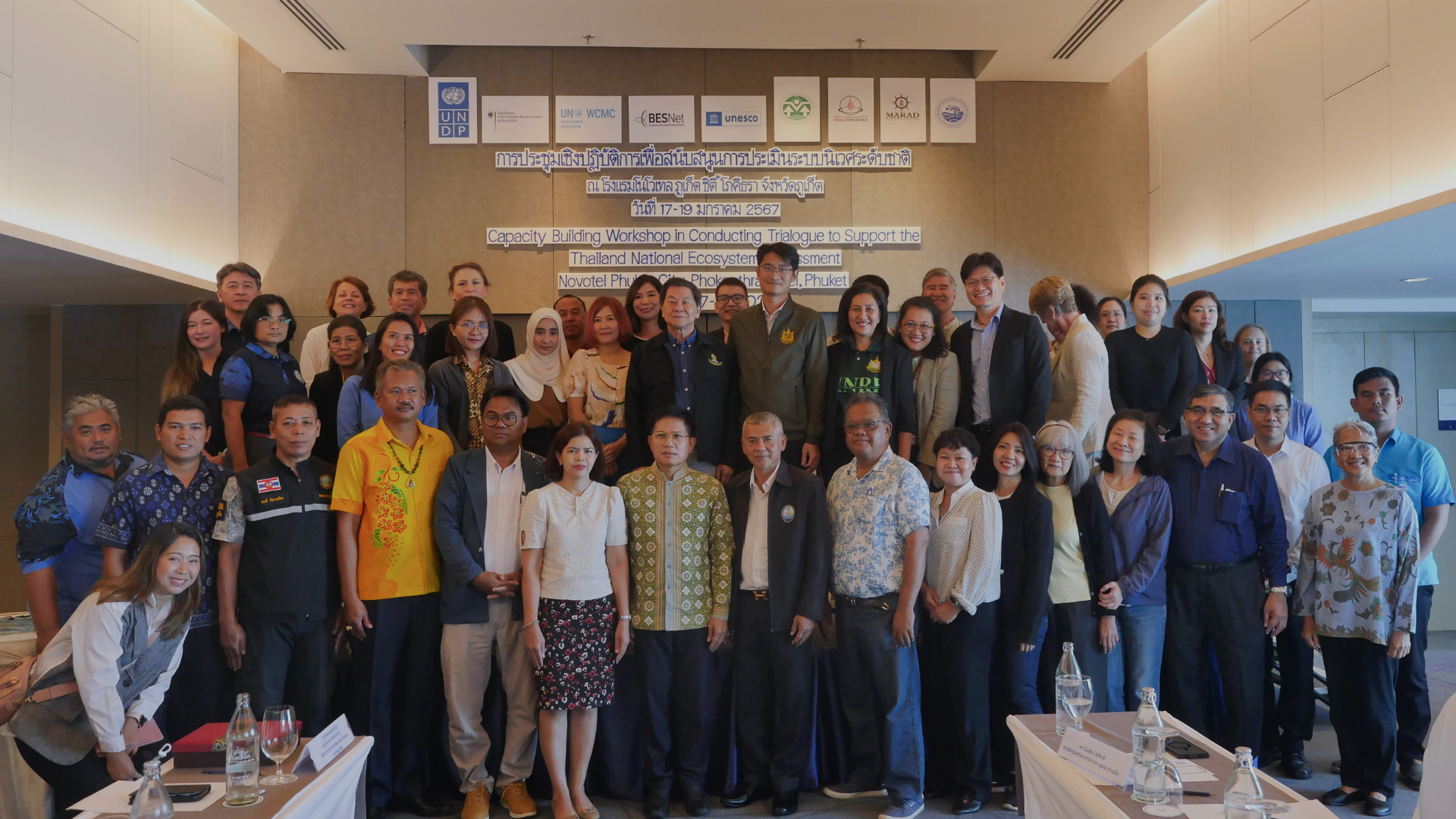
Thailand has been on a grand endeavour of national ecosystem assessment, a dedicated effort to develop a comprehensive synthesis of knowledge on biodiversity and ecosystem services to inform the country’s future policymaking, planning and actions. Central to this journey is an inclusive process to bring on board a diversity of knowledge holders around the geographic scope of the assessment: marine and coastal ecosystems.
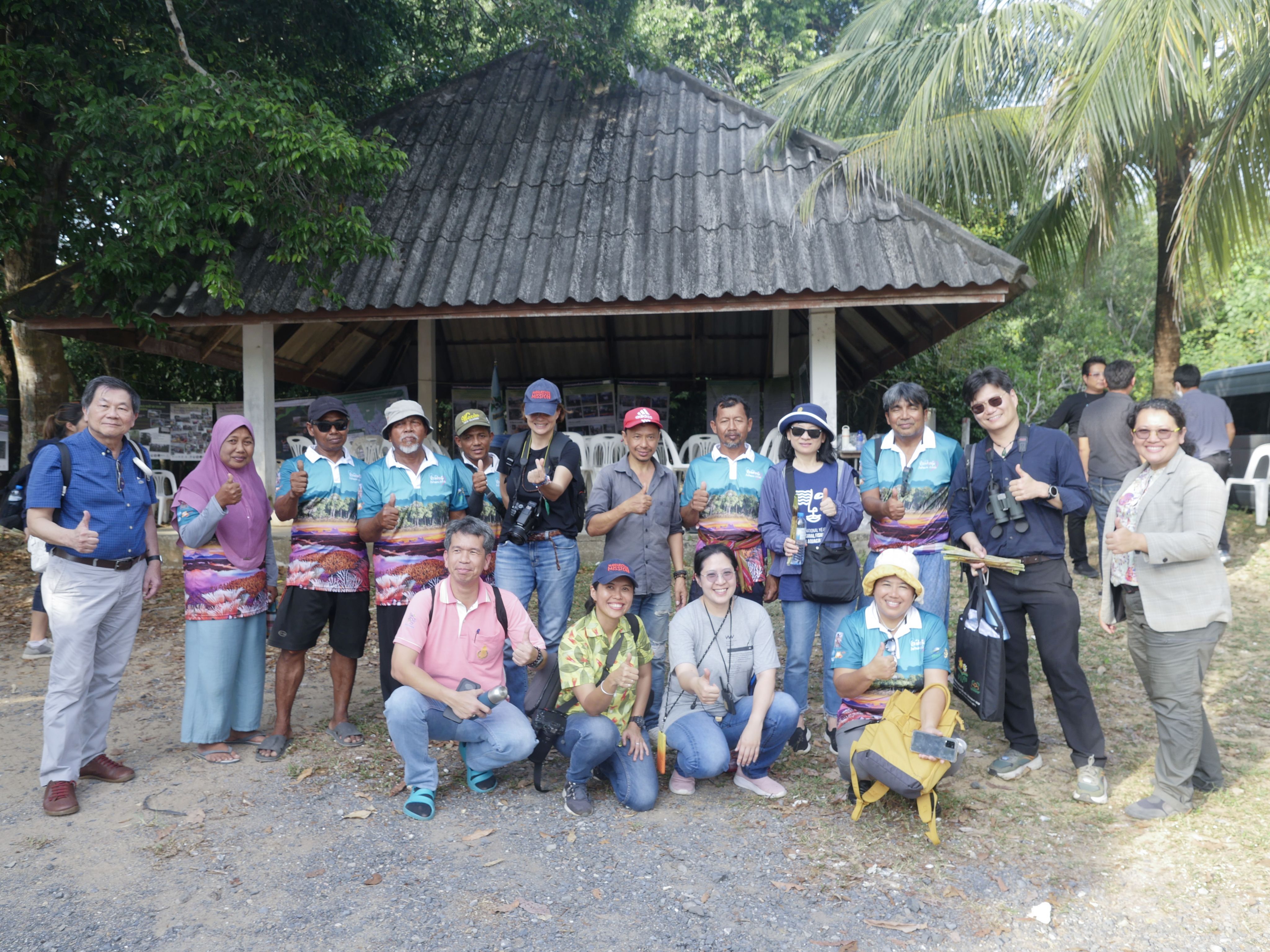
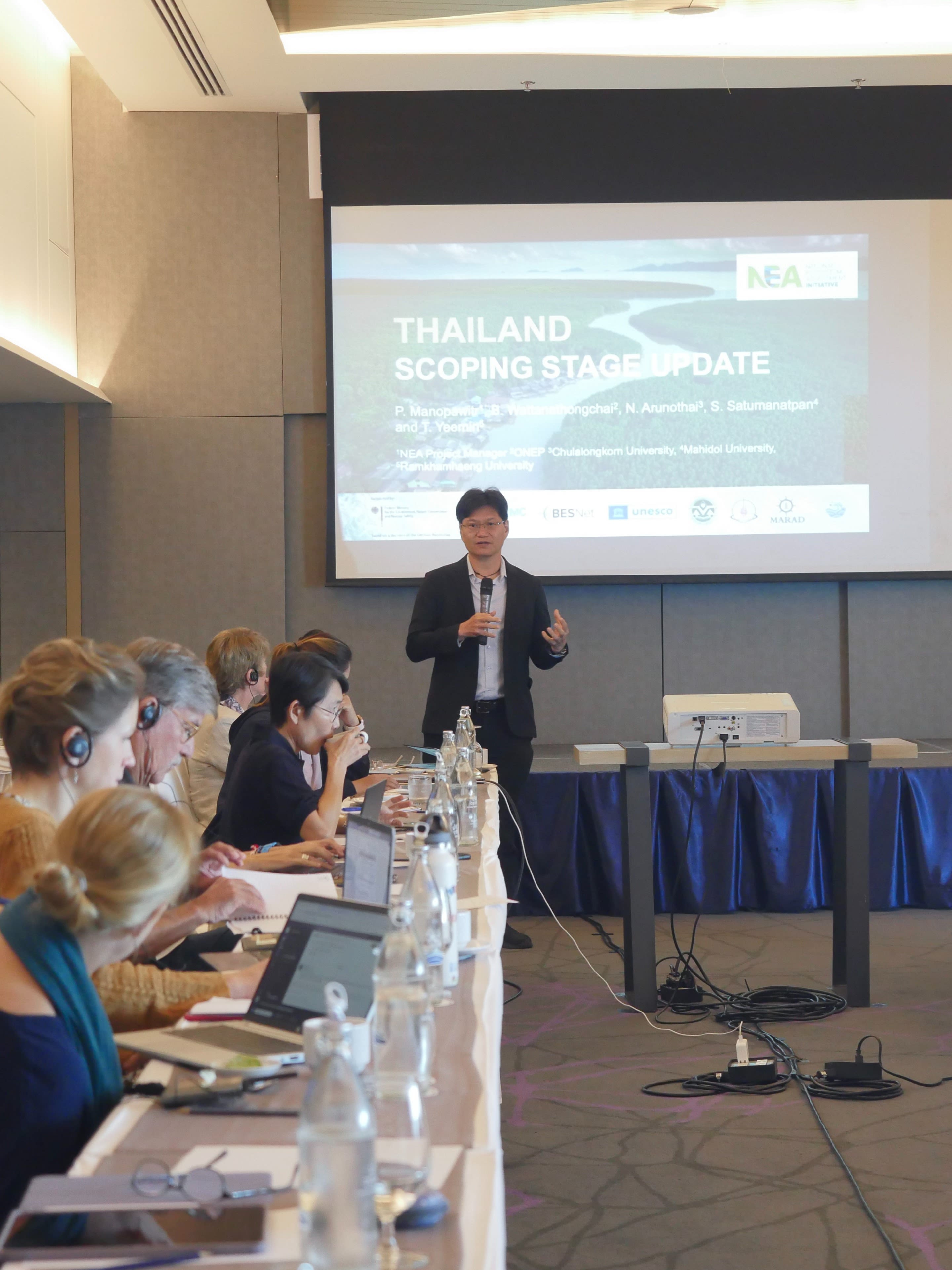
In January 2024, a three-day capacity-building event was held in Phuket, Thailand, focusing on the Trialogue approach to equip the Thai National Ecosystem Assessment (NEA) team with the necessary tools for effective multistakeholder engagement.
Facilitated by the United Nations Development Programme (UNDP) under the Biodiversity and Ecosystem Services Network (BES-Net) framework, with the support of the United Nations Environment Programme World Conservation Monitoring Centre (UNEP-WCMC) and the United Nations Educational, Scientific and Cultural Organization (UNESCO), this event aimed at enhancing the NEA team's capacity to collaboratively engage with government officials, community members and private sector leaders.
The three-day workshop unfolded in phases: starting with an internal capacity-building workshop for the NEA team on Day 1, applying these learnings through engagements with local stakeholders on Day 2, and culminating in a reflection and strategic planning session for the upcoming comprehensive national Trialogue on Day 3.
Through a series of practical sessions, the NEA team was not only introduced to various Trialogue techniques and tools but also had the opportunity to apply these in separate interactions with different stakeholder groups, moving towards incorporating each sector's unique perspectives and knowledge into Thailand’s ecosystem assessment process.

In January 2024, a three-day capacity-building event was held in Phuket, Thailand, focusing on the Trialogue approach to equip the Thai National Ecosystem Assessment (NEA) team with the necessary tools for effective multistakeholder engagement.
Facilitated by the United Nations Development Programme (UNDP) under the Biodiversity and Ecosystem Services Network (BES-Net) framework, with the support of the United Nations Environment Programme World Conservation Monitoring Centre (UNEP-WCMC) and the United Nations Educational, Scientific and Cultural Organization (UNESCO), this event aimed at enhancing the NEA team's capacity to collaboratively engage with government officials, community members and private sector leaders.

The three-day workshop unfolded in phases: starting with an internal capacity-building workshop for the NEA team on Day 1, applying these learnings through engagements with local stakeholders on Day 2, and culminating in a reflection and strategic planning session for the upcoming comprehensive national Trialogue on Day 3.
Through a series of practical sessions, the NEA team was not only introduced to various Trialogue techniques and tools but also had the opportunity to apply these in separate interactions with different stakeholder groups, moving towards incorporating each sector's unique perspectives and knowledge into Thailand’s ecosystem assessment process.
Choosing Phuket as a Microcosm of Environmental Pressures
Phuket, with its rich ecological diversity juxtaposed with environmental challenges – such as the effects of rapid urbanization, significant pollution affecting marine life and increased vulnerability to climate change – serves as one of the case study provinces of the Thailand NEA. This selection makes it an ideally strategically backdrop for the workshop, where the Trialogue approach enables stakeholders from diverse sectors to unite towards addressing these specific, critical challenges for the national ecosystem assessment.
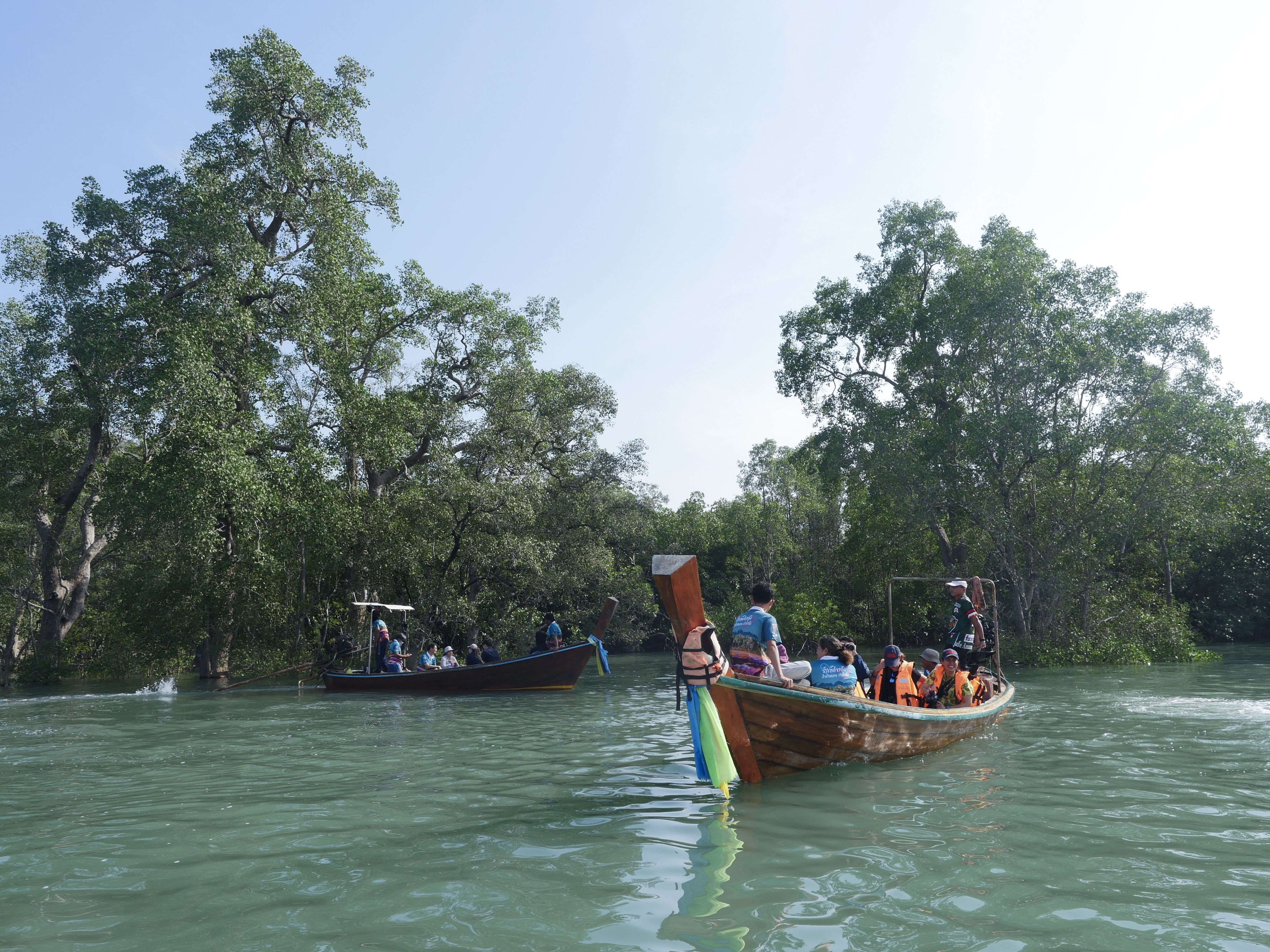
Choosing Phuket as a Microcosm of Environmental Pressures
Phuket, with its rich ecological diversity juxtaposed with environmental challenges – such as the effects of rapid urbanization, significant pollution affecting marine life and increased vulnerability to climate change – serves as one of the case study provinces of the Thailand NEA. This selection makes it an ideally strategically backdrop for the workshop, where the Trialogue approach enables stakeholders from diverse sectors to unite towards addressing these specific, critical challenges for the national ecosystem assessment.

Key Training Elements
Team Building and Inclusive Dialogue
Dynamic exercises like the "Crossing the Line" icebreaker and the immersive "Fishbowl" discussion technique laid the foundation for open dialogue, understanding and collaboration among participants. These activities, designed to encourage empathy, unity and deep listening, were applied in practice with different communities to foster an environment where diverse perspectives could be shared openly.
These activities, designed to encourage empathy, unity and deep listening, were applied in practice with different communities to foster an environment where diverse perspectives could be shared openly.
Empowering Facilitation for Constructive Dialogue
Effective facilitation strategies set the framework for a productive dialogue environment, promoting diversity and exploring power dynamics within group interactions. Guided by Theory U and Multi-Evidence based (MEB) approach principles, the participants embarked on a journey of collective reflection and learning. This approach enhanced their understanding and ability to constructively dialogue.
Engaging Local and Ethnic Communities
A key component of the workshop was the direct engagement with local communities and stakeholders, particularly during the field visit to the Ao Kung community. This allowed participants to gain firsthand insights into Indigenous and local knowledge, conservation efforts and challenges, grounding the emerging dialogue within real-world contexts.
Creating Meaningful Space for Local Wisdom
Weaving ILK into the conversation highlighted the importance of honouring cultural sensitivities and understanding community-led responses to environmental challenges. This approach enriched the workshop's discussions with diverse perspectives and wisdom from local knowledge holders.
Weaving ILK into the conversation highlighted the importance of honouring cultural sensitivities and understanding community-led responses to environmental challenges.
Focused Dialogues on Environmental Challenges with Policy and Private Sector Communities
In a series of focused sessions, the Thai NEA team engaged directly with policymakers and leaders from the private sector to learn about environmental challenges in Phuket, such as waste management and marine conservation. These strategic dialogues were instrumental in capturing a wide range of perspectives, highlighting the critical role of integrating policy and practice insights into the ecosystem assessment. These dialogues underscored the necessity of robust evidence to inform bold policy options effectively addressing biodiversity challenges faced by Phuket and other regions.
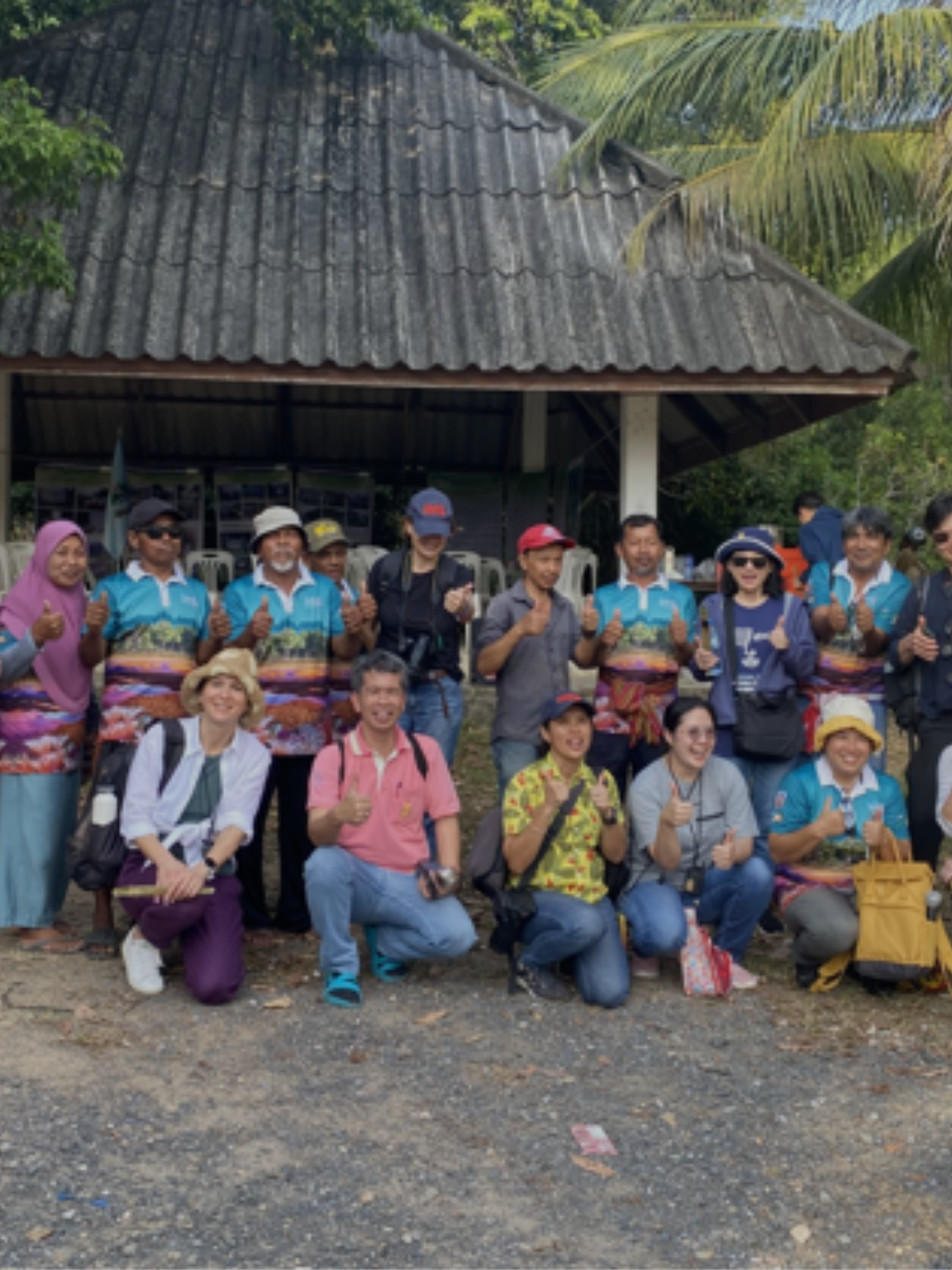
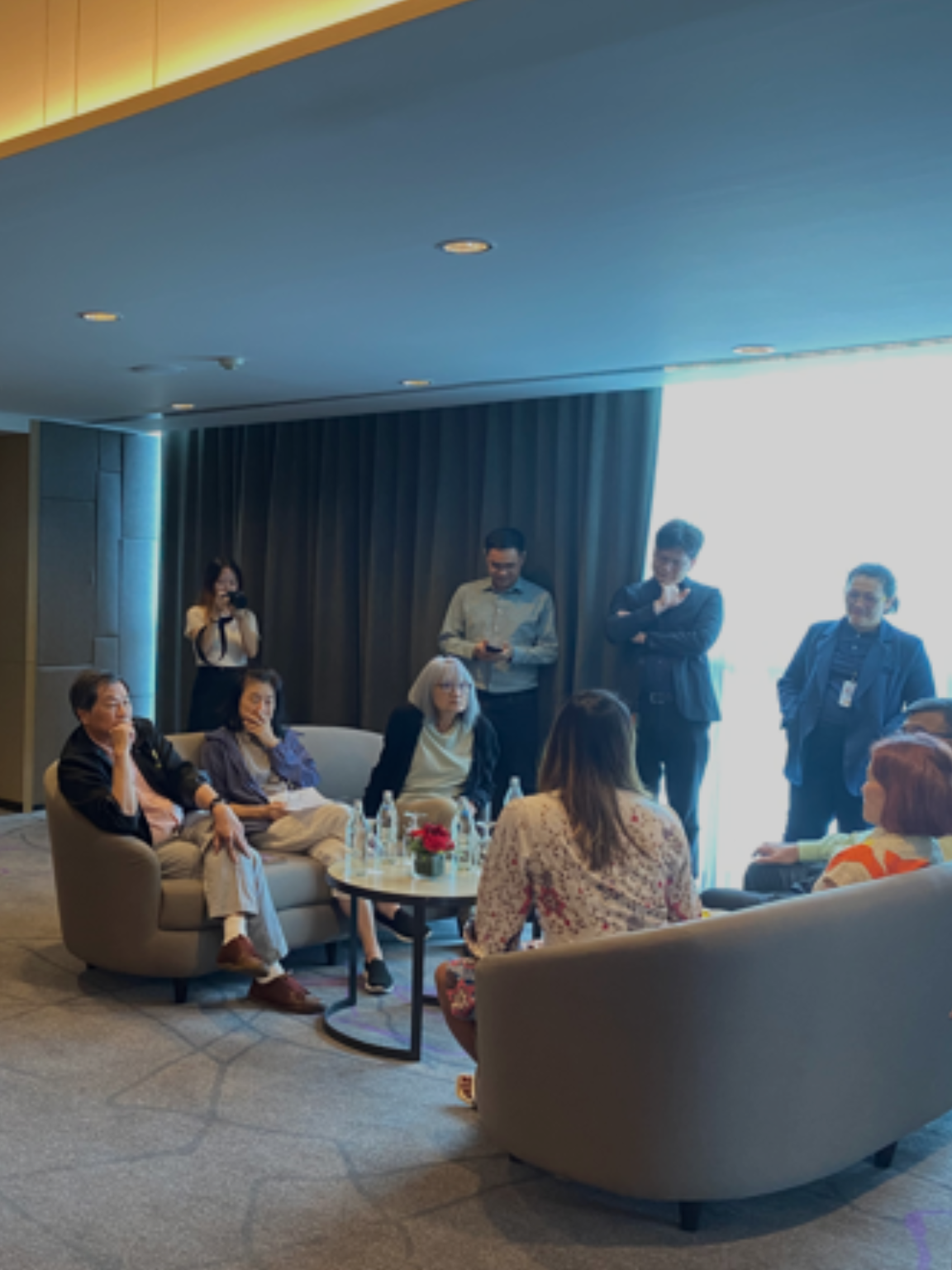
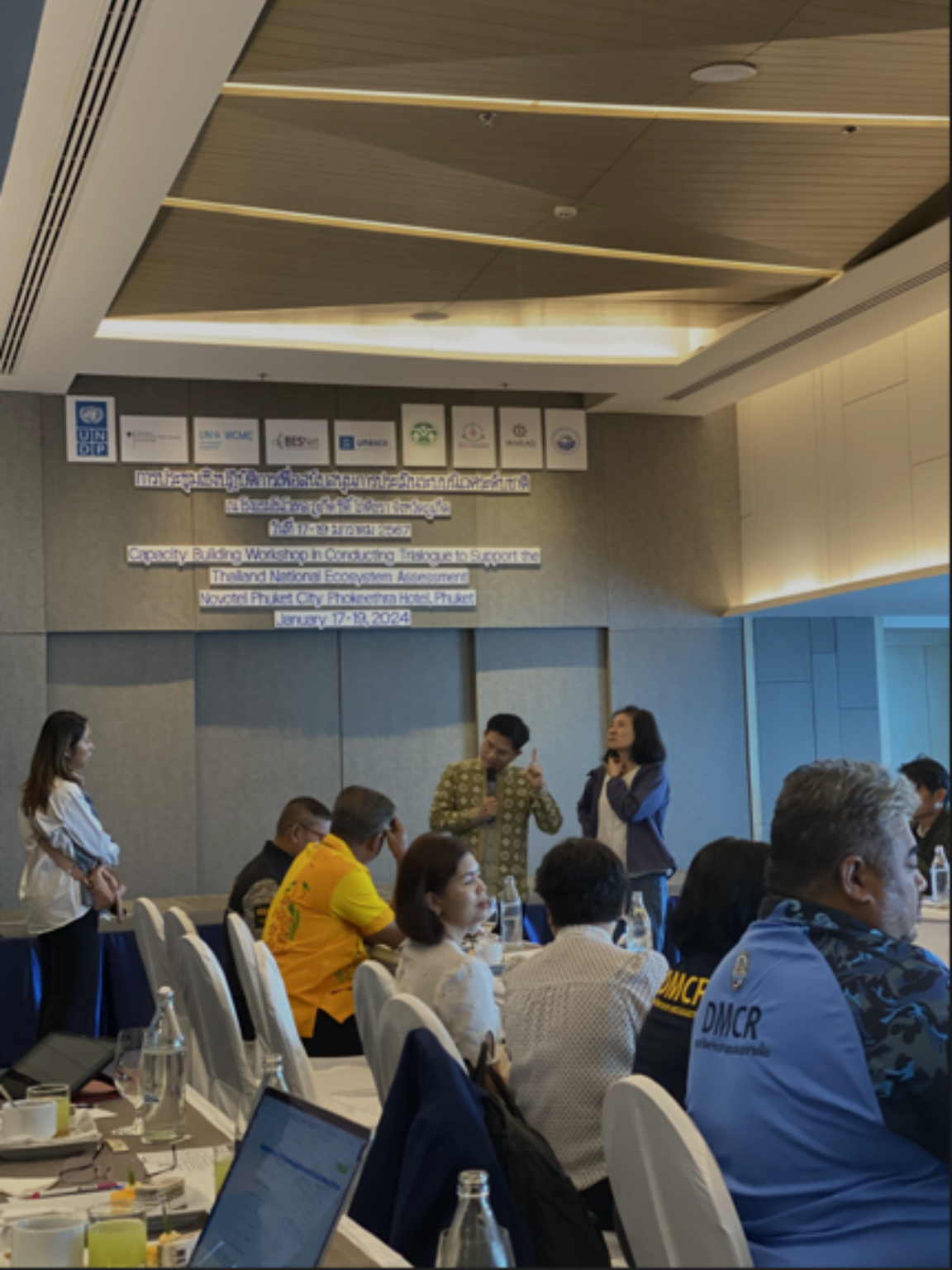
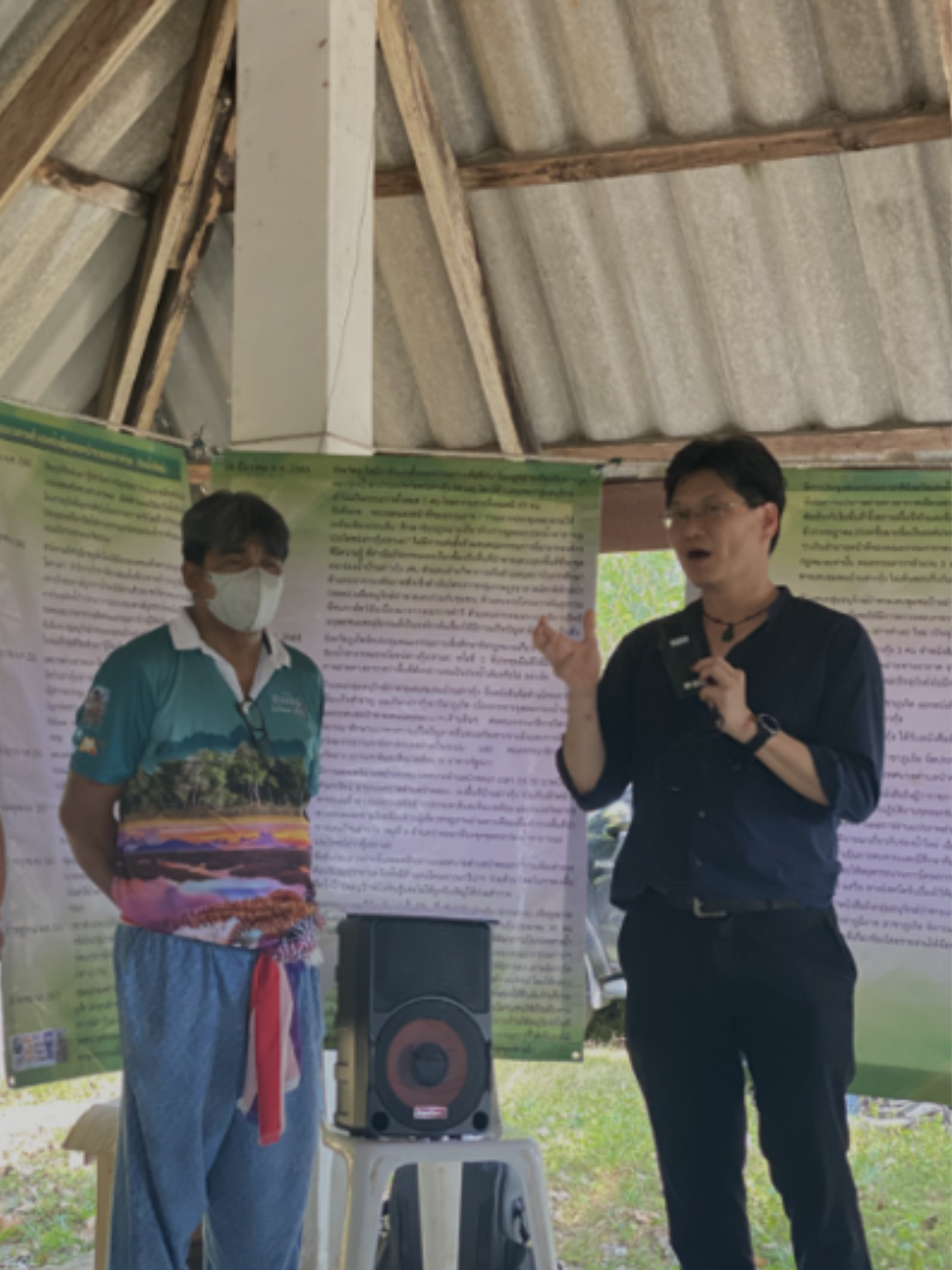
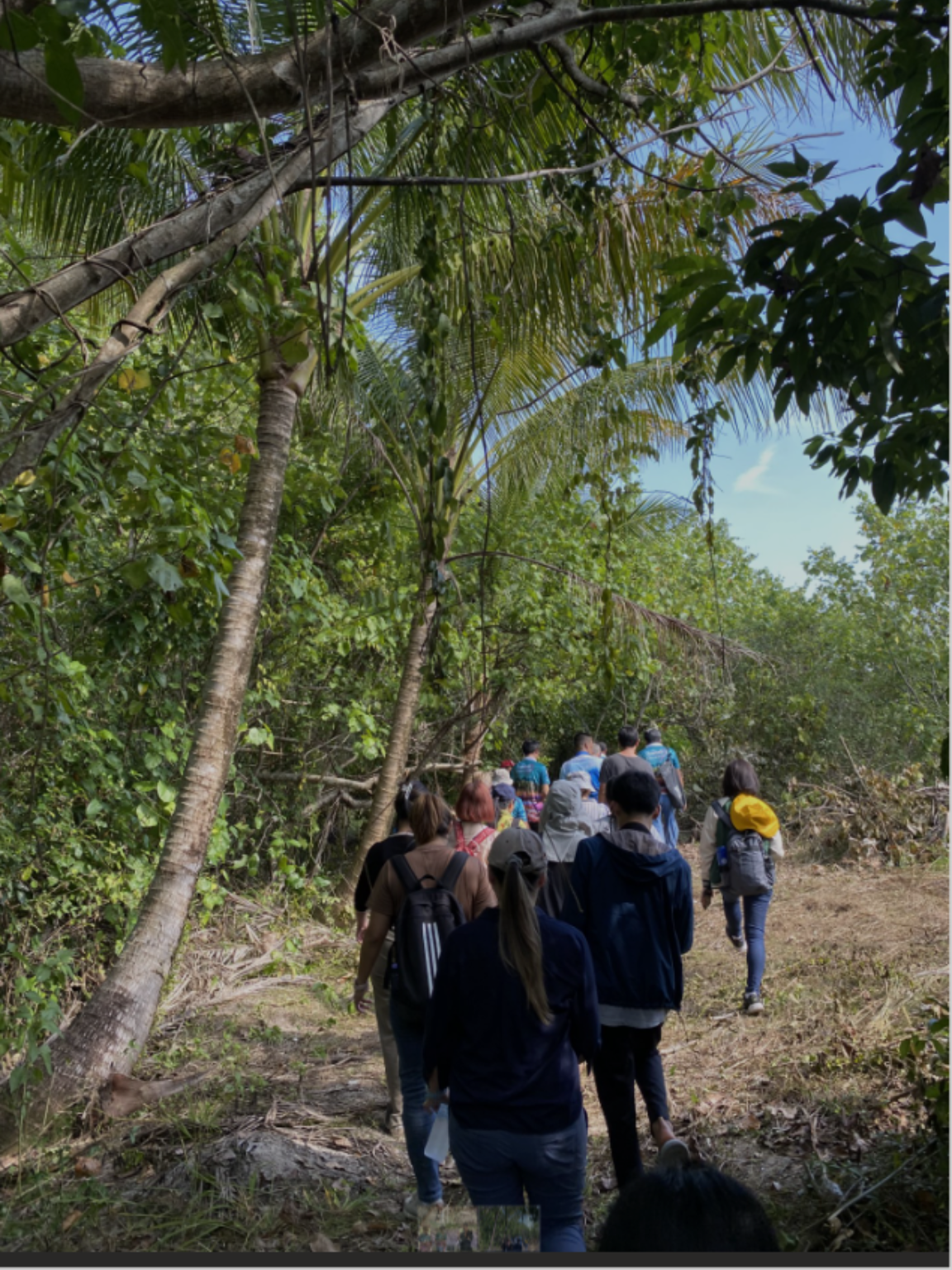
Key Training Elements

Team Building and Inclusive Dialogue
Dynamic exercises like the "Crossing the Line" icebreaker and the immersive "Fishbowl" discussion technique laid the foundation for open dialogue, understanding and collaboration among participants. These activities, designed to encourage empathy, unity and deep listening, were applied in practice with different communities to foster an environment where diverse perspectives could be shared openly.
These activities, designed to encourage empathy, unity and deep listening, were applied in practice with different communities to foster an environment where diverse perspectives could be shared openly.

Empowering Facilitation for Constructive Dialogue
Effective facilitation strategies set the framework for a productive dialogue environment, promoting diversity and exploring power dynamics within group interactions. Guided by Theory U and Multi-Evidence based (MEB) approach principles, the participants embarked on a journey of collective reflection and learning. This approach enhanced their understanding and ability to constructively dialogue.

Engaging Local and Ethnic Communities
A key component of the workshop was the direct engagement with local communities and stakeholders, particularly during the field visit to the Ao Kung community. This allowed participants to gain firsthand insights into Indigenous and local knowledge, conservation efforts and challenges, grounding the emerging dialogue within real-world contexts.

Creating Meaningful Space for Local Wisdom
Weaving ILK into the conversation highlighted the importance of honouring cultural sensitivities and understanding community-led responses to environmental challenges. This approach enriched the workshop's discussions with diverse perspectives and wisdom from local knowledge holders.
Weaving ILK into the conversation highlighted the importance of honouring cultural sensitivities and understanding community-led responses to environmental challenges.

Focused Dialogues on Environmental Challenges with Policy and Private Sector Communities
In a series of focused sessions, the Thai NEA team engaged directly with policymakers and leaders from the private sector to learn about environmental challenges in Phuket, such as waste management and marine conservation. These strategic dialogues were instrumental in capturing a wide range of perspectives, highlighting the critical role of integrating policy and practice insights into the ecosystem assessment. These dialogues underscored the necessity of robust evidence to inform bold policy options effectively addressing biodiversity challenges faced by Phuket and other regions.


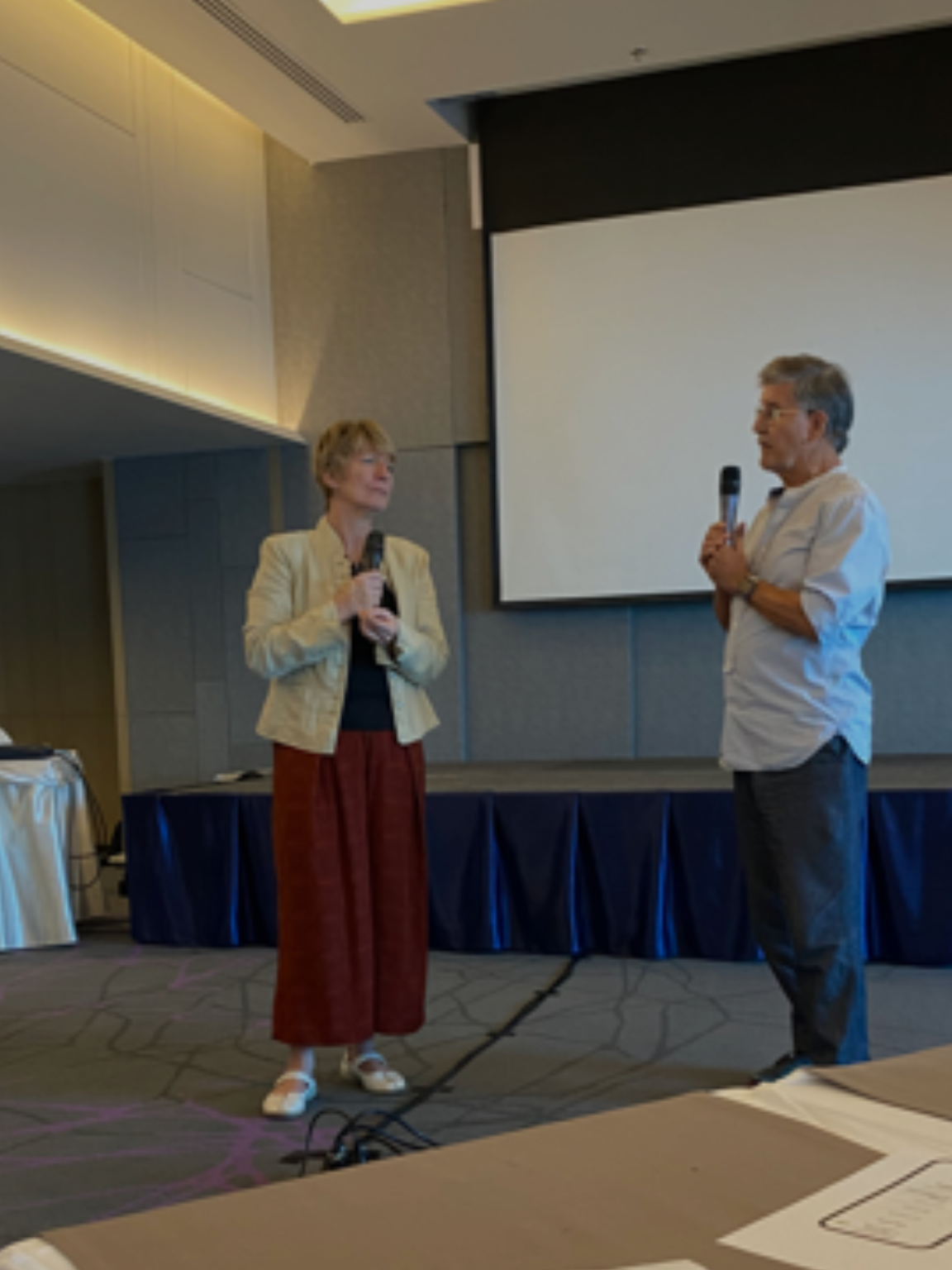



Advancing Towards a Comprehensive Understanding of Nature
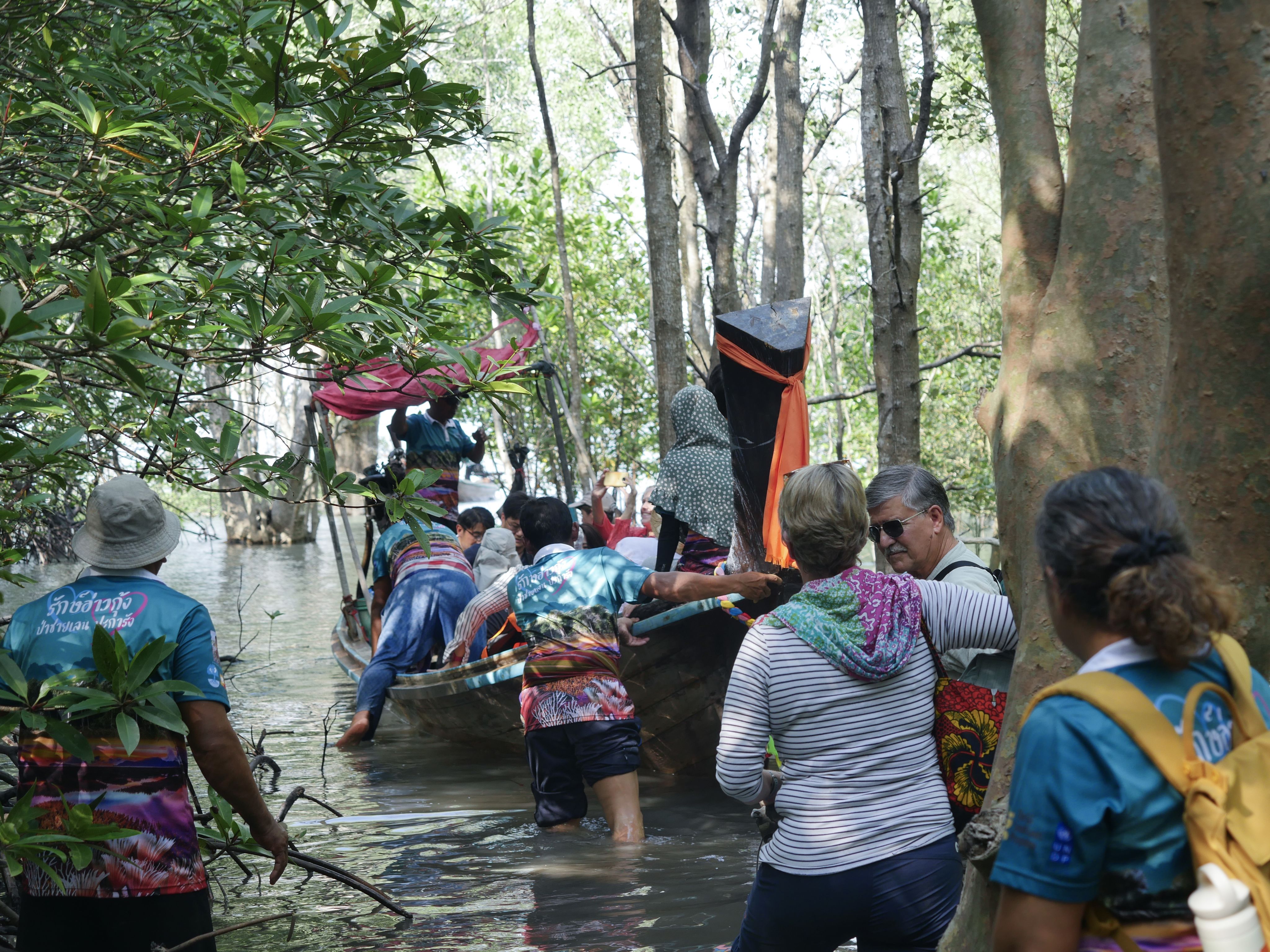
Advancing Towards a Comprehensive Understanding of Nature

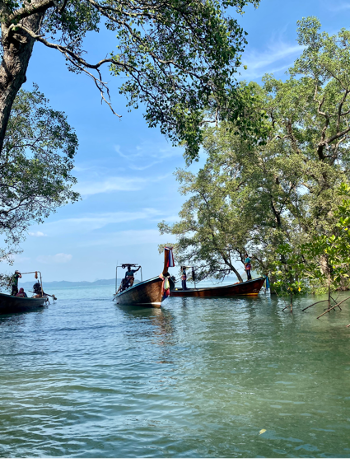
The Thailand Mini-Trialogue Workshop demonstrated the potential of the Trialogue approach in bridging diverse knowledge systems and fostering dialogue and collaboration. As Thailand continues its national ecosystem assessment journey, the insights developed in Phuket are set to guide the country towards a more in-depth understanding of nature that will inform actions towards its sustainable development goals.
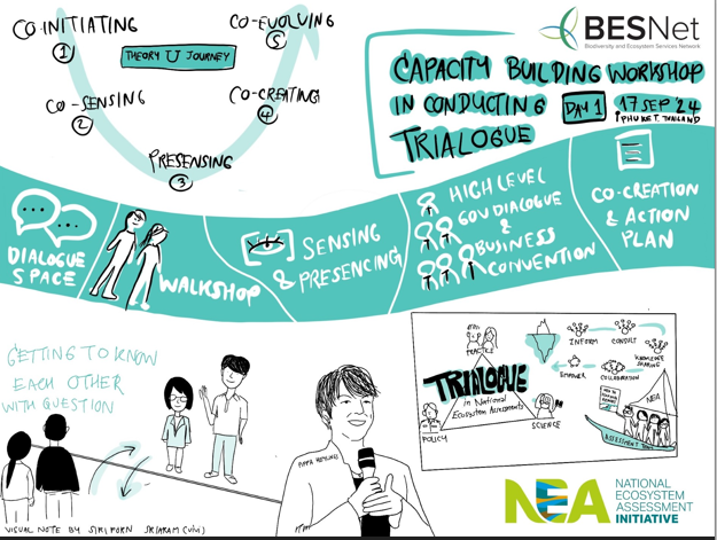
These elements contribute to the synergy effect of science, policy and practice, converging to safeguard Thailand's biodiversity and ecosystems and paving the way for a sustainable, more nature-positive future.

The Thailand Mini-Trialogue Workshop demonstrated the potential of the Trialogue approach in bridging diverse knowledge systems and fostering dialogue and collaboration. As Thailand continues its national ecosystem assessment journey, the insights developed in Phuket are set to guide the country towards a more in-depth understanding of nature that will inform actions towards its sustainable development goals.

These elements contribute to the synergy effect of science, policy and practice, converging to safeguard Thailand's biodiversity and ecosystems and paving the way for a sustainable, more nature-positive future.

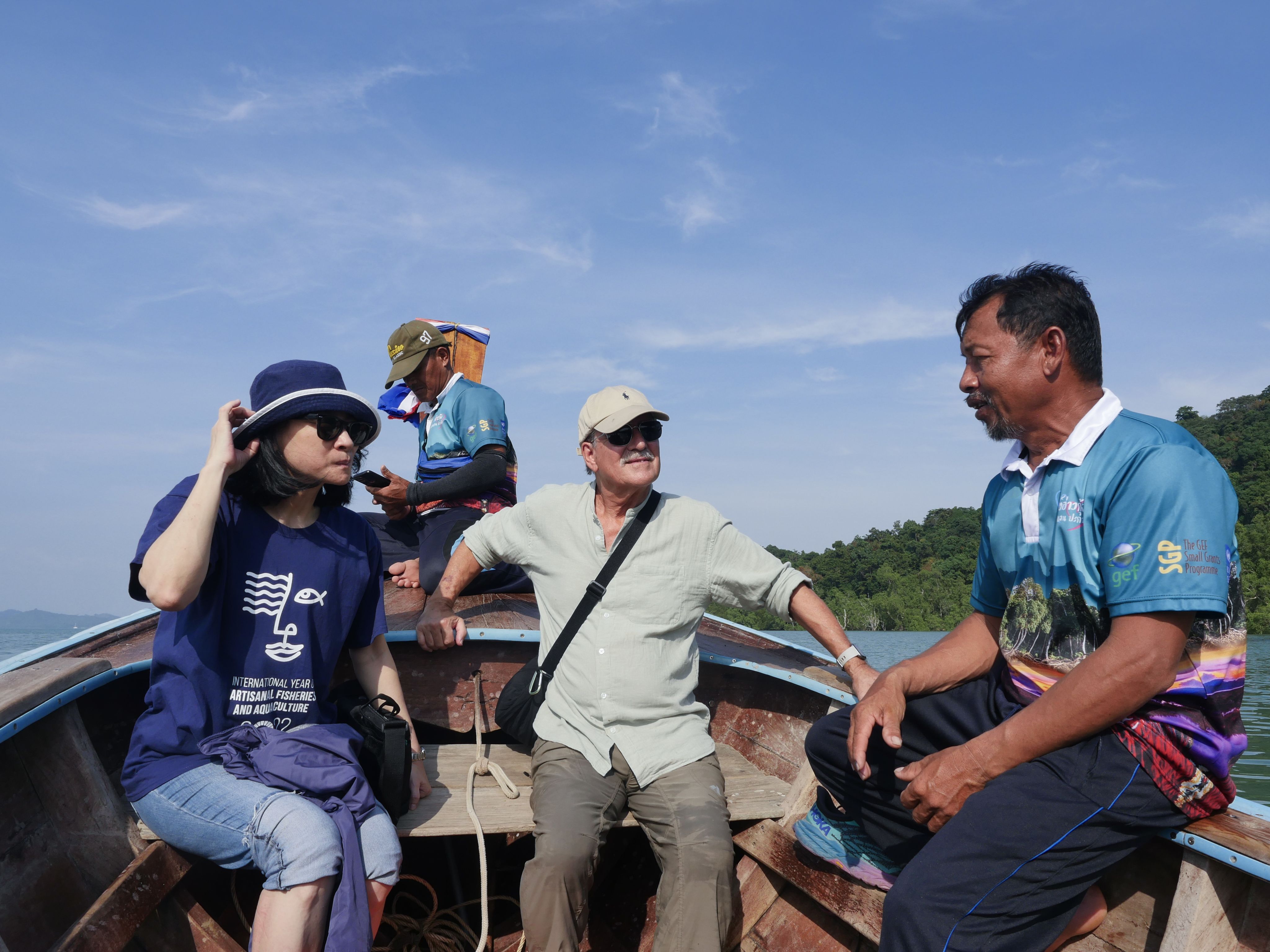

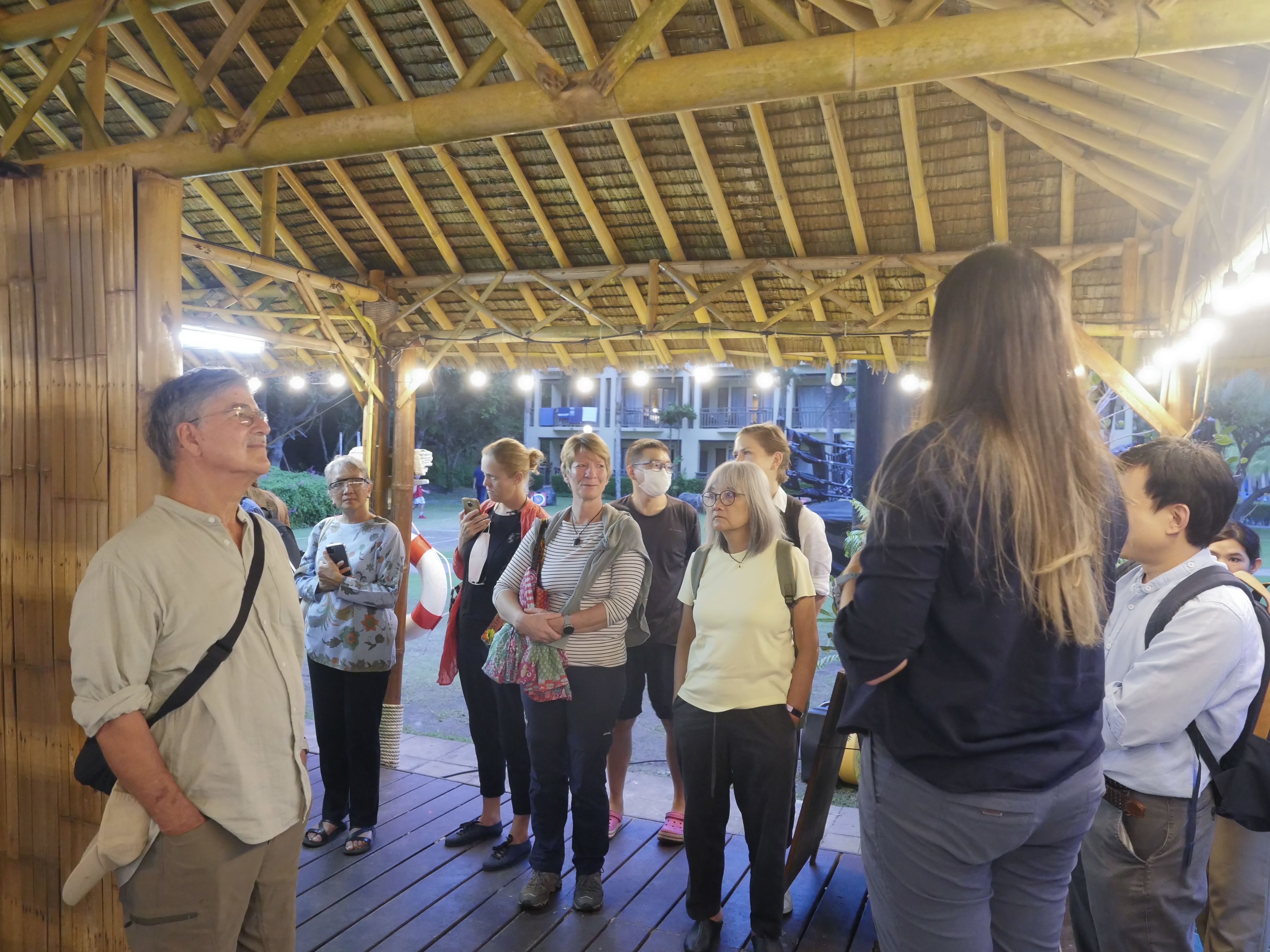
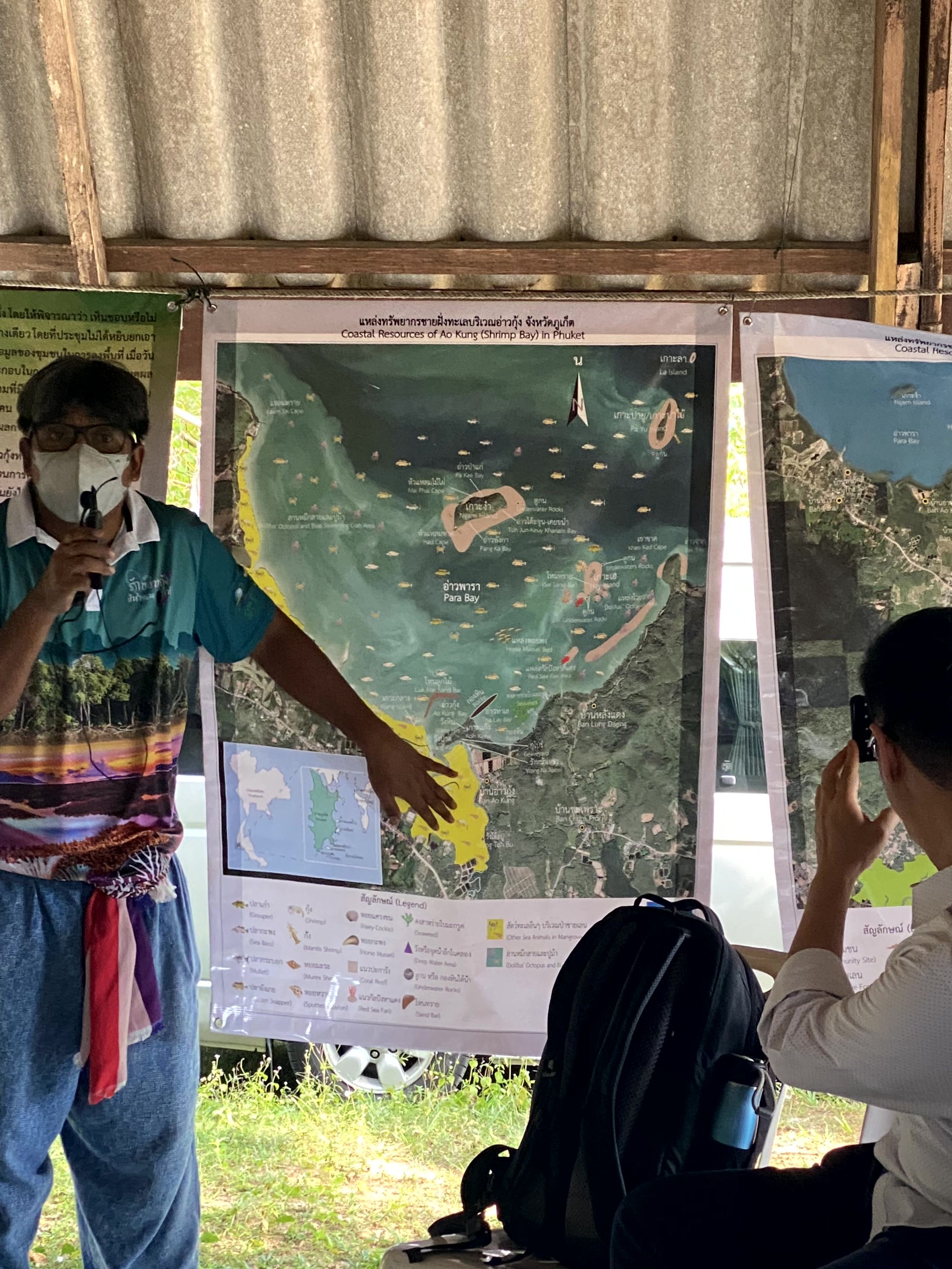
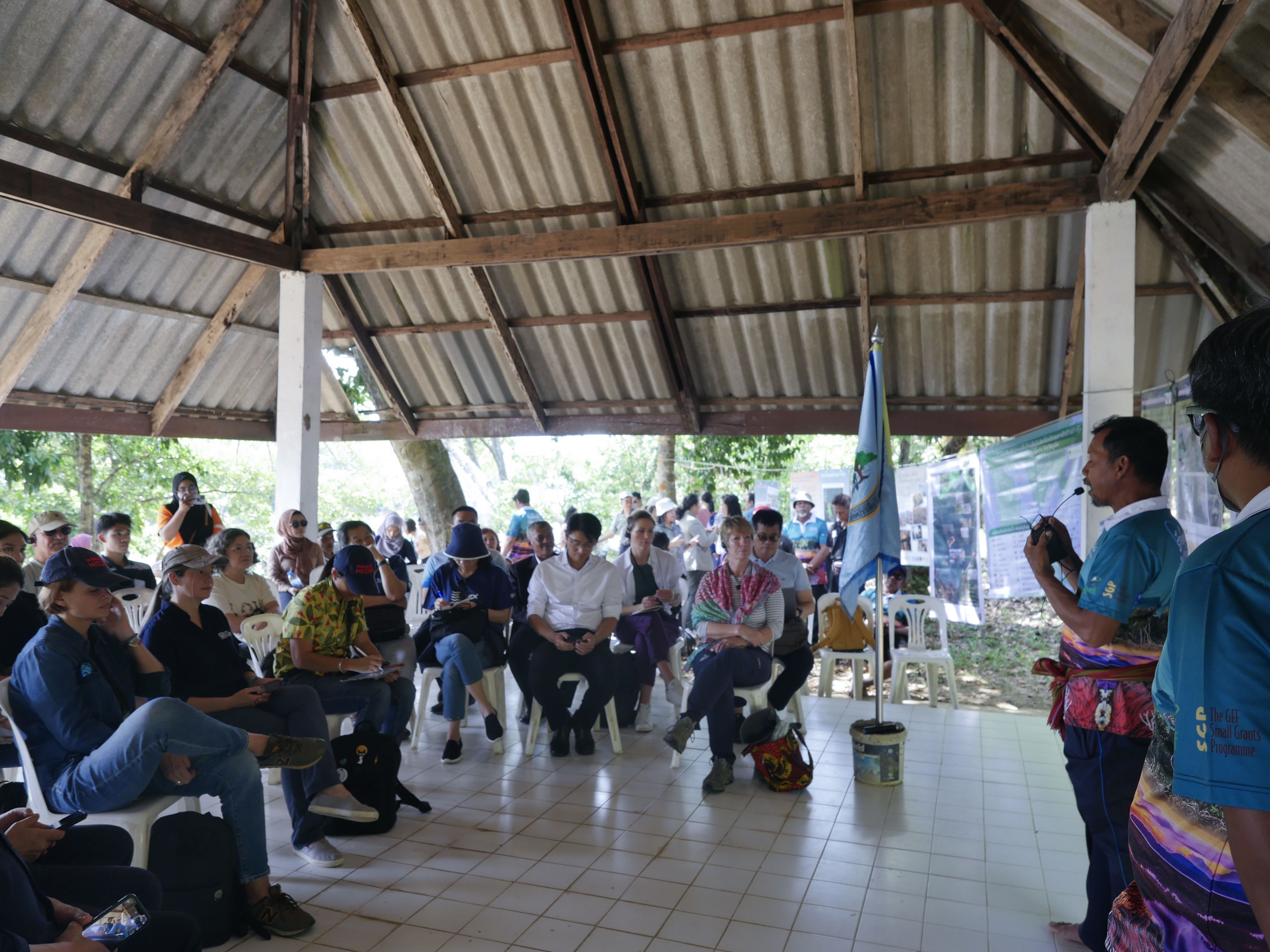
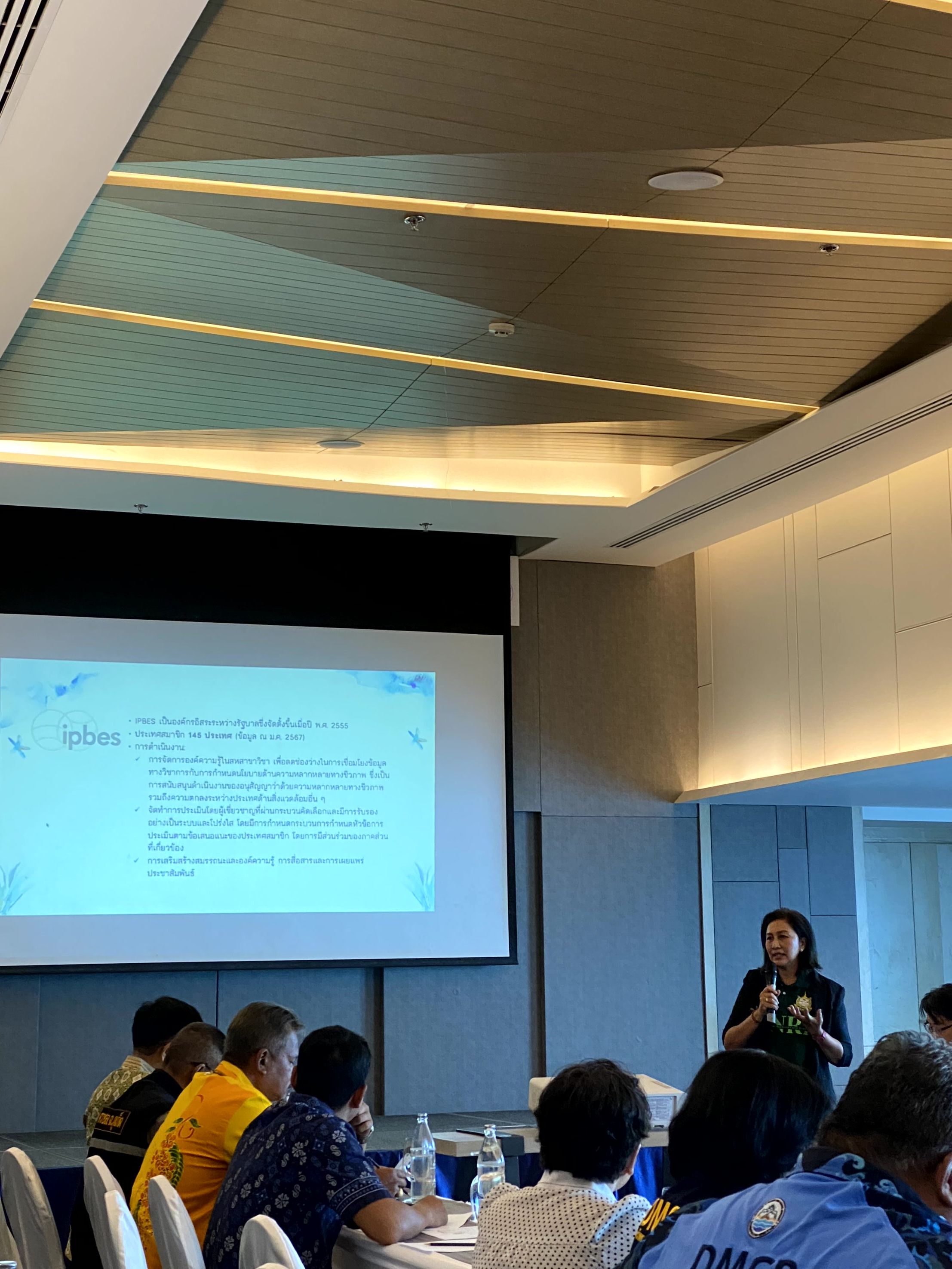

Find out more about the Trialogue approach and explore past national and regional Trialogue experiences.




